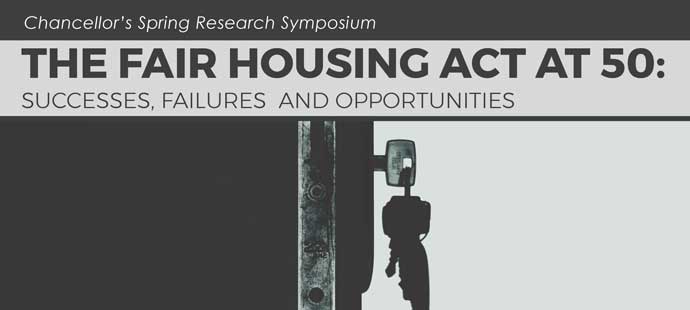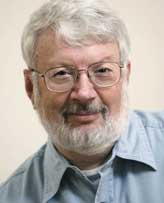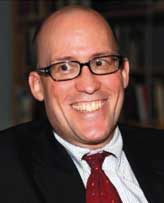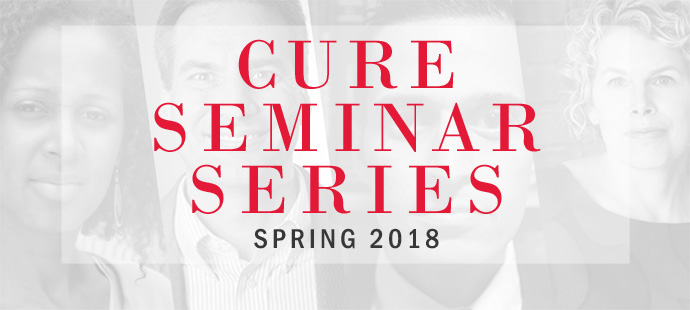The Center for Urban Research and Education (CURE) and the Office of the Chancellor present:
The Fair Housing Act At 50: Success, Failures, and Opportunities
Friday, April 13
9 a.m. – 3 p.m.
Penn 401
Rutgers University–Camden
Can’t make it to the event? We will be livestreaming the keynote speakers from 1:30 p.m.-3 p.m. at https://rcit.rutgers.edu/av-request/live/springsymposium2018.
Agenda:
9:30 a.m.-10:00 a.m.: Registration and Opening Remarks
10:00 a.m.-11:00 a.m.: First Panel Discussion-Housing and the Geography of Opportunity
11:15 a.m.-12:45 p.m.: Second Panel Discussion-Ramifications of Unfair Housing
12:45 p.m.-1:30 p.m.: Lunch and Networking
1:30 p.m.-3:00 p.m.: Keynote Speakers and Discussion
Featuring Rutgers–Camden interdisciplinary faculty panels and keynote discussion with:
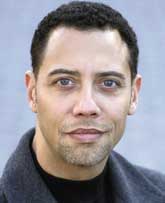
David Troutt
Professor of Law
Director, Center of Law, Inequality and Metropolitan Equity
Justice John J. Francis Scholar, Rutgers Law School–Newark
View and download the Chancellor’s Spring Research Symposium event flyer:

